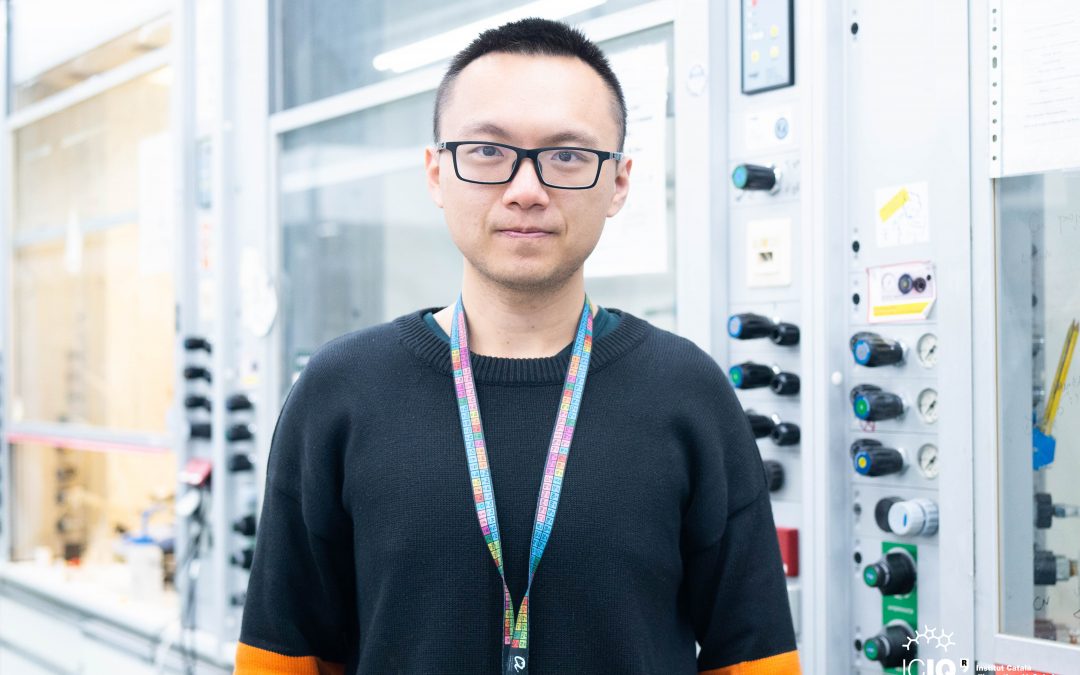Dr Jia-Wei Wang has been working on the research project Catalytic CO2 reduction to liquid C2 chemicals by dinuclear non-noble metal catalysts (CONNECT), in the Prof. Antoni Llobet research group, from November 2021 to August 2022.
According to Dr Wang, the most relevant results of his I2:ICIQ Impulsion project is that it may serve as a promising way to release the stress of global warming and to produce high-energy-density, highly transportable fuels.
The exploration of molecular catalysts merits significant attention as their well-defined structures and relative ease of catching intermediate will contribute to the elucidation of catalytic mechanisms and reactivity origins for the peculiar C2 production. The aim of CONNECT project, co-proposed by Dr Wang and Prof. Antoni Llobet, is to create a family of dinuclear metal complexes based on dipicolinamide ligands that can catalyze CO2 reduction to liquid C2 products. Prior to the synthesis of target dinuclear complexes, Dr Wang first worked on the preparation and evaluation of the mononuclear Ni complexes. After synthesis, promising CV results were obtained. However, no CO2 reduction product could be detected with these Ni complexes under catalytic conditions, and only decomposition was observed instead. Next, he also tested several Ni complexes based on the dipicolinamide ligands with different conjugation structures, whereas negligible activity could be attained as well. Fortunately, a breakthrough was achieved by replacing the metal center from Ni to Co. Significant carbon monoxide could be produced with these mononuclear Co complexes. At this stage, cobalt complexes bearing dipicolinamide ligands are a brand-new family of molecular catalysts for CO2 reduction, which should form the basis of synthesizing corresponding dinuclear catalysts for C2 chemicals production.
The Dr Wang research can provide a solution for both producing renewable energy and mitigating greenhouse gas, as the earth-abundant nature and easy synthetic procedures of this catalyst family are promising to reduce the catalyst expense for CO2 reduction.
Dr Wang has accepted a Beatriu de Pinós fellowship (AGAUR, GenCat. MSCA-COFUND-2017, GA 801370), to continue his postdoctoral research at ICIQ in Prof Llobet’s group with a three-year postdoctoral contract. He started the new contract on September 2022.

